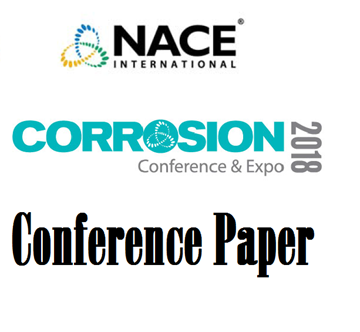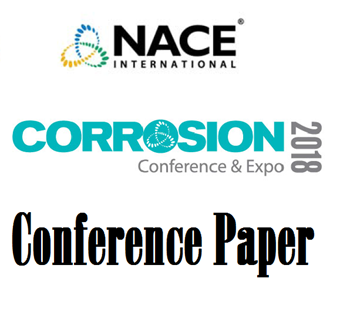Search
51318-10808-Cymbopogon citratus and Na2Cr2O7 Effects on Concrete Steel-rebar Corrosion in Industrial/Microbial Simulating-Environment
Also Purchased
51318-10816-Development of a testing method for crevice corrosion repassivation of Ni-Cr-Mo alloys by cooling
Product Number:
51318-10816-SG
Publication Date:
2018
$20.00
51318-10801-Corrosion Management and Asset Tracking through Improved Airframe Contaminant Monitoring
Product Number:
51318-10801-SG
Publication Date:
2018
$20.00
51318-10805-Understanding Film Persistency using Adsorption and Desorption Studies
Product Number:
51318-10805-SG
Publication Date:
2018
$20.00



